Unlocking Leadership Potential: The Power of EQ Training for Accidental Leaders
)
Picture this: a diligent employee consistently demonstrates qualities like reliability, problem-solving prowess, and a knack for fostering collaboration. These attributes catch the eye of higher-ups, and before they know it, they find themselves elevated to the role of a team leader. It's a commonplace journey, yet one fraught with challenges and pitfalls.
The problem lies in the lack of adequate support and tools provided to these newfound leaders as they transition into their roles. Many are thrust into positions of authority without the necessary training or mentorship, left to navigate the complexities of leadership on their own. Consequently, they find themselves grappling with a mighty gap—a chasm between their innate talents and the skills required to lead effectively.
The link between a Leader’s lack of EQ (or Emotional Intelligence) and the psychosocial hazard of Poor Support cannot be overlooked. In fact, a recent study ‘How can psychosocial hazards impact employee wellbeing’ conducted by Sonder, showed that Poor Leadership Support has the largest impact on employee work performance. Outcomes can include reduced productivity, absenteeism, poor health, poor health behaviours and/or attrition.
Interestingly, in my experience training hundreds of new and emerging leaders, it is when new leaders are given an opportunity to undertake EQ Leadership training, one of the first things they realise is how much they don’t know about what it takes to inspire people and teams to chase their potential. That’s the first of the 4 Stages of Learning, created by the Martin M. Broadwell in 1960. It’s called Unconscious Incompetence, it’s rife across Australian businesses, and it’s really hurting the bottom line.
This gap becomes glaringly evident in the realm of emotional intelligence. While these accidental leaders may possess admirable technical skills, they often lack the ability to navigate the intricate web of human emotions within their teams. Without a solid foundation in emotional intelligence, they struggle to inspire, motivate, and connect with their employees on a deeper level.
Moreover, the absence of people or soft skills leads to workplaces devoid of psychological and psychosocial safety. In such environments, innovation, creativity, and performance suffer as employees feel hesitant to share ideas or voice concerns for fear of retribution. The onus falls on leaders to cultivate an atmosphere of trust and authenticity where individuals feel empowered to be their true selves. To do that they need sufficient confidence, and confidence doesn’t fall from a tree.
To bridge this gap, frontline leaders must embody what we at R&R Corporate Health call the "3F's of Leadership": fair, friendly, and firm. They must be able to strike the delicate balance between upholding standards and fostering a supportive environment where employees feel valued, of value, and respected. It's about creating a workplace culture where individuals can thrive, where people from other companies hear about opportunities and are eager to join, and where existing employees have no desire to leave.
At the heart of effective leadership lies self and situational awareness—the ability to understand oneself and adapt to the ever-changing dynamics of the workplace. Leaders must cultivate empathy and curiosity, seeking to understand their team members' perspectives and motivations rather than passing judgement. It's through this lens of empathy that they can effectively problem-solve and nurture a culture of collaboration and mutual respect.
Furthermore, building and maintaining healthy relationships is paramount. Leaders must invest time and effort in cultivating authentic, robust connections with their team members, fostering a sense of belonging and camaraderie. By prioritising relationship-building, they lay the groundwork for a cohesive and high-performing team.
In essence, if teams are to be solution-focused, trust-based, and resilient, their leaders must ‘lead the way.’ The Accidental Leader phenomenon underscores the urgent need for organisations to invest in comprehensive, real and relatable leadership development programs. By equipping frontline leaders with the skills and support they need to succeed, we can bridge the gap and cultivate a new generation of influential and impactful business leaders.
One more thing before we wrap this up. As we all know, psych-safety, wellbeing and culture training is flying into Australian businesses right now. The question is, have you got leaders capable of leading the way in ensuring that the training sticks, that it is enduring, that it actually makes a difference? No matter how good workplace training is, it will fall flat if your leaders aren’t able to inspire their people to ‘turn knowing into doing.’
In conclusion, The Accidental Leader is not a mere happenstance but a testament to the untapped potential within our organisations. By recognising and addressing the gaps in leadership development, we can unlock a wealth of talent and drive positive change within our workplaces. Let's empower our leaders to thrive, and in turn, watch as our teams flourish and reach their true potential.
Join me at the Workplace Health & Safety Show. At 2pm on Thursday 23rd May I'll be exploring the concept of the Accidental Leader in more detail - and providing strategies to boost Leadership skills across your workforce.
Drop in to stand D03 at any time throughout the show to chat to me and my team about how we can support you to boost psych-safety in your business. While you’re there you can get a free bio-impedance health check because a healthy workplace starts with its Health and Safety Leaders!

